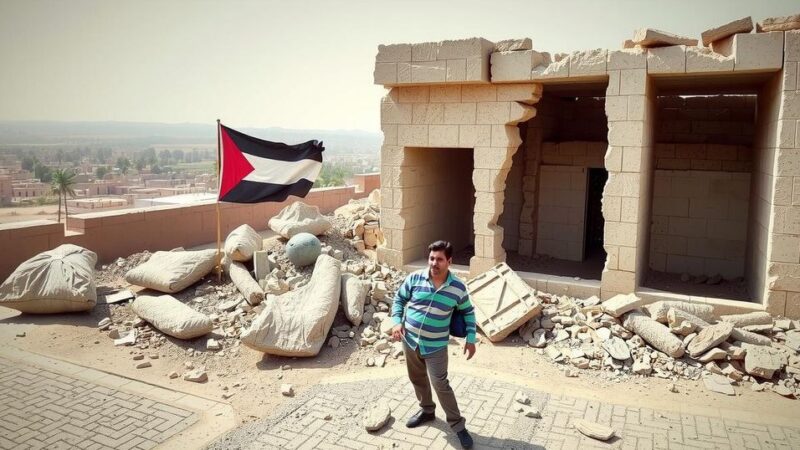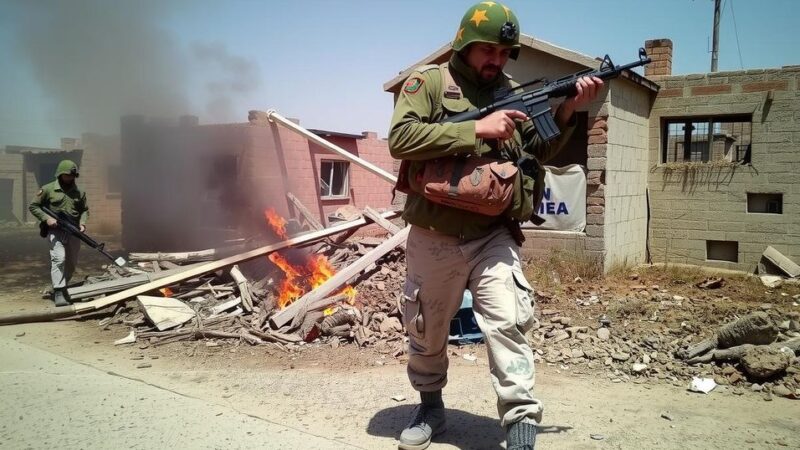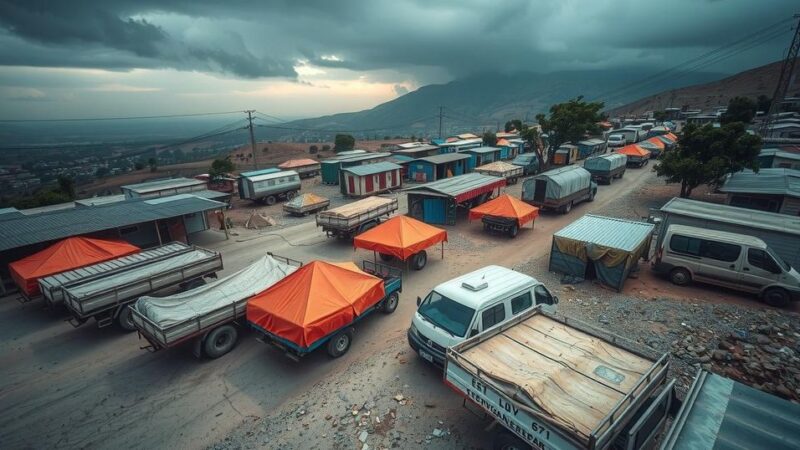Tropical Cyclone Chido made landfall in Mozambique on December 15, 2024, causing heavy rainfall and strong winds, leading to damage across multiple provinces. Over 174,000 individuals have been impacted, with at least 34 fatalities and 319 injuries. Urgent needs for food, shelter, and medical services are reported, as local infrastructure has been severely compromised, contributing to a humanitarian crisis in the region.
On December 15, 2024, Tropical Cyclone Chido struck Mozambique, resulting in devastating rainfall of up to 250mm within 24 hours and wind gusts reaching 120 km/h. The cyclone progressed to Malawi on December 16 and is anticipated to weaken near Zimbabwe on December 17. Provinces predominantly affected by the cyclone include Cabo Delgado, Nampula, and Niassa, leading to significant destruction and disruption of services. Preliminary assessments indicate that over 174,000 individuals have been affected, with fatalities reported at 34 and injuries at 319, alongside considerable infrastructure damage, including thousands of houses and educational institutions. Immediate response efforts are hindered by a shortage of essential supplies and infrastructure disruptions referencing the affected areas. United Nations agencies and humanitarian partners have mobilized a relief fund of US$4 million to support initial emergency responses.
In its aftermath, extensive damage has been reported in districts such as Ancuabe and Chiure, with urgent needs for food, shelter, and healthcare services. Local health facilities have been severely impacted, particularly in Mecufi, where the medical supply chain has been compromised, threatening the health of the community. Assessment missions are ongoing to fully understand the scope of impact and the needs of the most vulnerable populations, particularly women and children, who require protection and support systems. The public health situation is urgent, especially in Nampula Province, where a cholera outbreak is unfolding amidst the challenges posed by the cyclone. Coordinated relief efforts are essential to address immediate humanitarian needs, facilitate recovery, and mitigate future risks.
Tropical cyclones are known for inflicting severe damage to regions they impact, and Cyclone Chido has substantiated this with its landfall in Mozambique. With an increase in climate-related disasters, particularly in coastal and low-lying areas, Cyclone Chido exemplifies the vulnerability of such regions to extreme weather. Humanitarian agencies, including the Mozambique National Institute for Disaster Management (INGD) and international partners, collaborate closely to assess damage and provide essential relief in the wake of such disasters. The situation necessitates urgent attention, resources, and coordinated responses to alleviate the suffering of affected communities and facilitate rehabilitation.
In conclusion, Tropical Cyclone Chido has inflicted significant damage across Mozambique, resulting in acute humanitarian needs and substantial infrastructural devastation. With the reported impact on over 174,000 individuals, emergency response efforts are critical yet challenged by resource limitations. Continued assessments and immediate provision of aid, particularly for health, shelter, and protection services, are imperative to support recovery efforts and to prepare for potential subsequent risks stemming from climate instability.
Original Source: www.unocha.org







